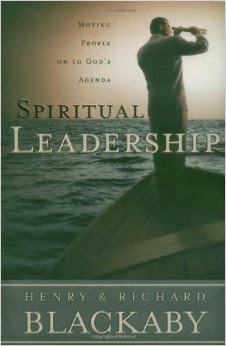'Deuteronomy' comes from two words in the Greek language: deutero, which means 'second', and nomos, which means 'law'.
This is not talking about another new set of Laws, but a reiteration of it. When the Ten Commandments were given in Exodus 20, they were given to the first generation of Israelites who came out of Egypt, crossed the Red Sea with a huge natural show of God's power, camped at Sinai and heard the Ten Commandments for the first time. With the Ten Commandments are 613 laws of Moses. As we know, the people sinned and the consequence of it were the 40 years wilderness experience in the desert until the whole generation of those above 20 years old at the time of the escape died (except for Moses, Joshua and Caleb). They never had the privilege of taking possession of the Promised land, a land flowing with milk and honey!
The new generation were only little children when they crossed the Red Sea and camped at Sinai. Most would barely remember after forty years what had happened and certainly would not recall the reading of the law at Sinai. So, here's the purpose of the reading and explaining of the law for the second time, hence Deuteronomy, 'second law' to this new generation.
Moses was himself not privileged to lead the people into the Promised Land due to his own sin of striking the rock for water instead of speaking at it. (Numbers 20:1-13) He disobeyed God's Word and God showed him he was going to die in just seven days. Therefore Moses wanted to ensure that this new generation were informed about the past and ready to face the future.
Each generation must renew their covenant with God. The baton was passed to Joshua and the rest is history. But what a tragic ending for Moses when he stood on top of Pisgah (Deuteronomy 3:21-29), looking at the new land and not being able to go in. So near yet so far. I believe at that moment, it must have been his deepest regret.
We must be reminded that while we can start well, we may not necessarily end well. That's why the Bible repeatedly warns us to "be very careful". Keep focus in your Christian life!
Deuteronomy is the last of the five books of Moses, the Pentateuch. He was by then an old man of 120, and was entering his last week of life (the book ends with his death). Having seen the weakness of the present generation's parents, he was afraid they might got the same way. He saw ahead to the battles they would need to fight, both physical and spiritual.
In the last week of his life he spoke three times to them. The whole Deuteronomy is made up of three long speeches, each of which must have taken the best part of a day to give. This spoken style comes across. It is very personal and emotional book. Moses is appealing to the people, like a dying father to his children. (Unlocking the Bible, Pg 187)





















